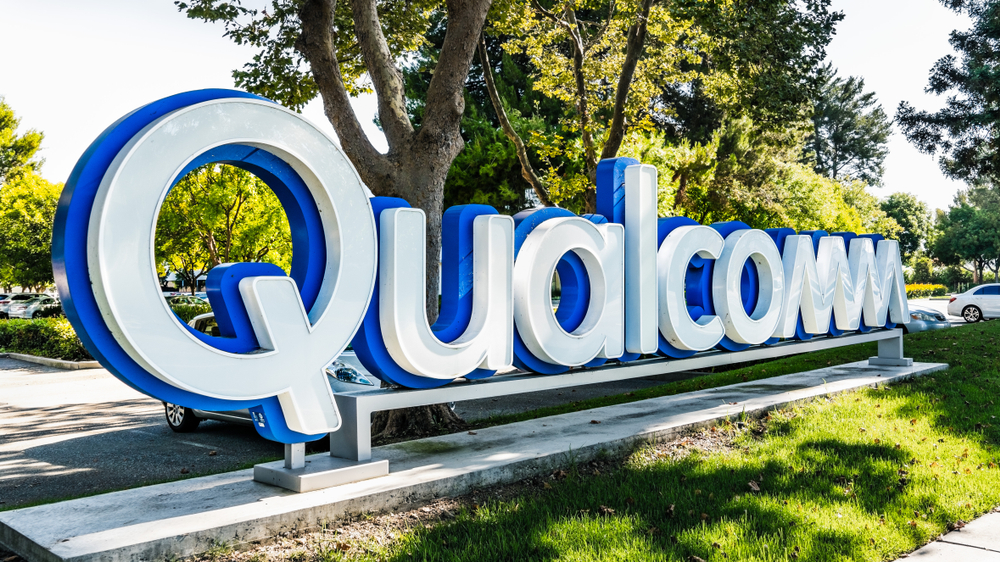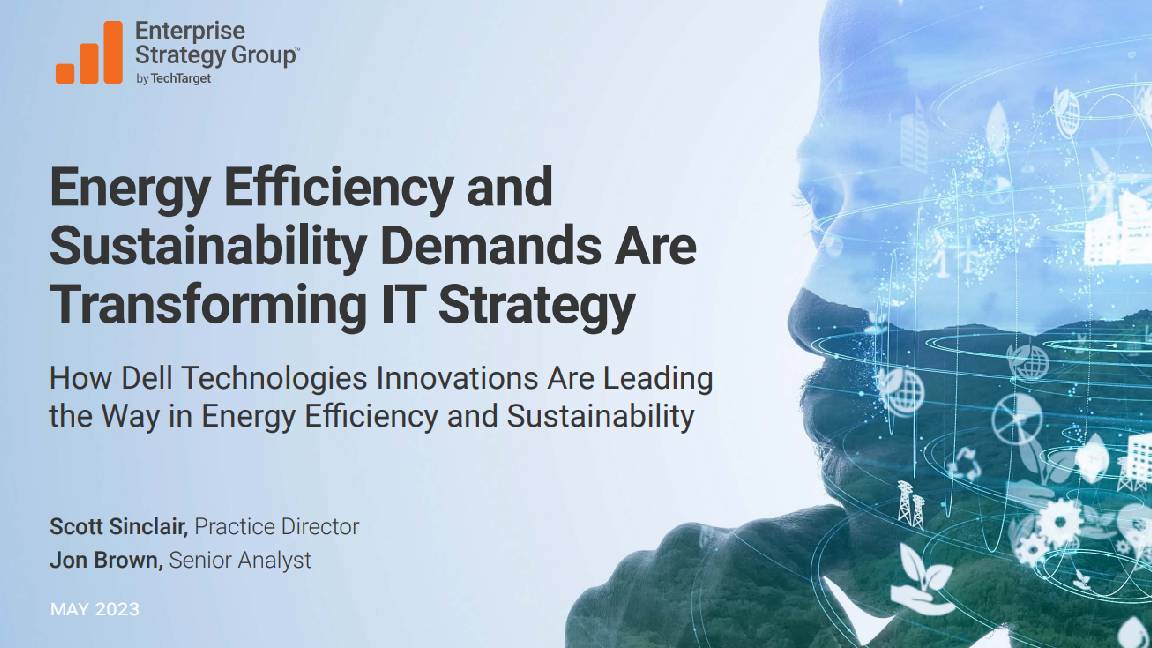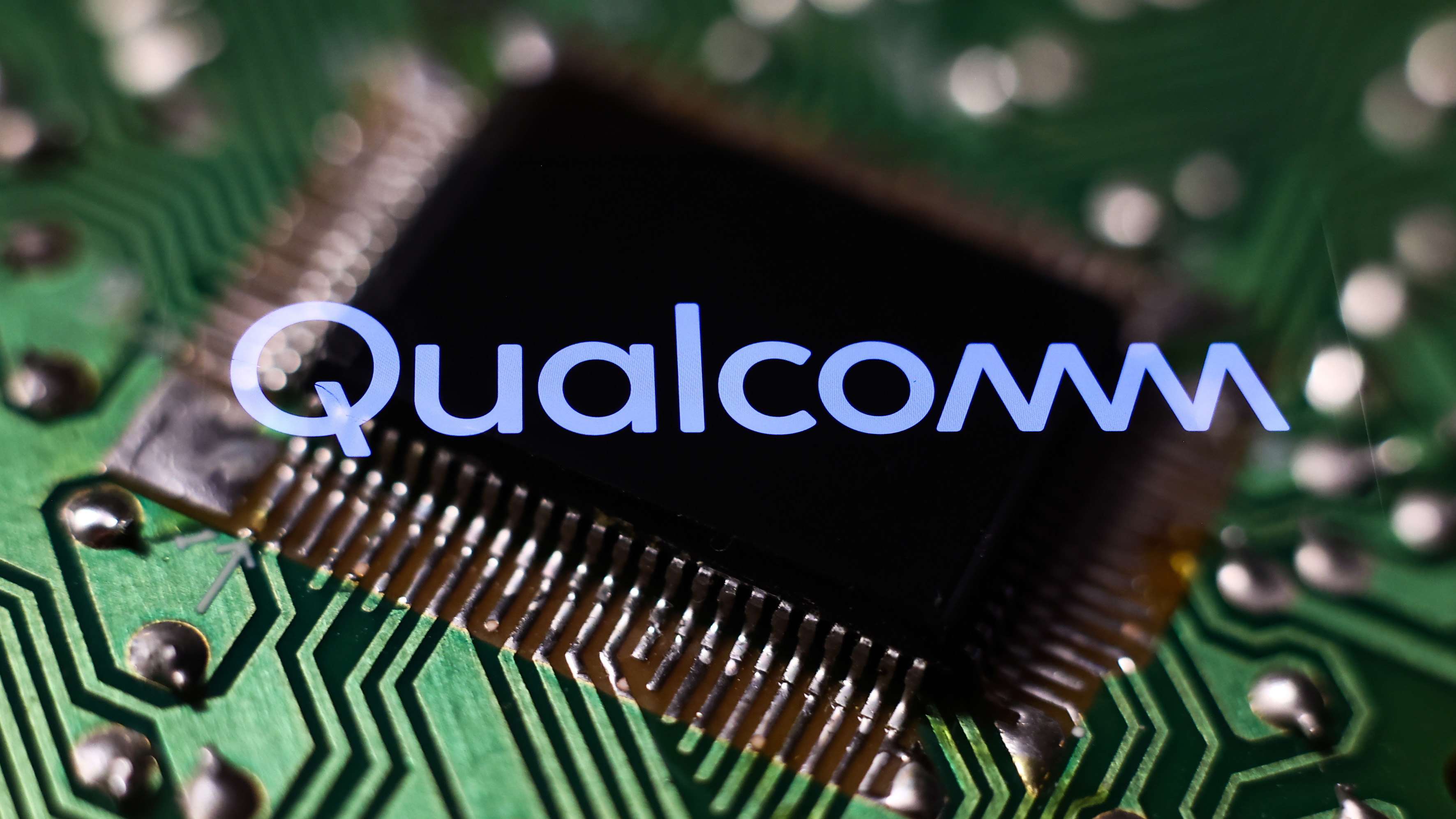Qualcomm targets net zero emissions by 2040
The firm plans to meet its sustainability target through three long-term goals

Qualcomm has announced plans to achieve net zero Scope 1, 2, and 3 emissions by 2040.
The company also pledged to support Business Ambition for 1.5°C, a campaign led by Science Based Targets Initiative (SBTi) in partnership with the UN Global Compact and We Mean Business coalition.
Qualcomm’s ambitious sustainability plans complement its existing greenhouse gas (GHG) emissions reduction goal, including interim 2030 science-based emissions reduction targets across Scopes 1, 2, and 3.
"Our net zero goal and commitment to SBTi reflects our belief that environmental sustainability is absolutely imperative, with significant social and economic benefits that require collective action and leadership from Qualcomm and other corporate citizens," said Cristiano Amon, president and chief executive officer at Qualcomm Incorporated.
Qualcomm has set three long-term goals to reduce GHG emissions: reduce absolute Scope 1 and 2 GHG emissions by 50% by 2030; cut absolute Scope 3 GHG emissions by 25% by 2030; and reach net-zero global emissions for Scopes 1, 2, and 3 by 2040.
The firm has already taken steps to meet these long-term goals by opting for 100% renewable energy at its San Diego headquarters.
In line with its strategy, Qualcomm will transition to renewable energy via long-term power purchase agreements (PPAs), decarbonize its operations, and use a minimum amount of renewable energy credits (RECs) and carbon offsets for residual emissions.
Get the ITPro daily newsletter
Sign up today and you will receive a free copy of our Future Focus 2025 report - the leading guidance on AI, cybersecurity and other IT challenges as per 700+ senior executives
RELATED RESOURCE

Qualcomm also underscored the economic and sustainability benefits of 5G, stating its increased adoption could reduce GHG emissions by 374 million metric tons, which is equivalent to taking 81 million passenger vehicles off US roads for a year.
“5G technologies and products will be instrumental in driving an environmentally sustainable future. We're working with our partners and customers to reduce emissions footprints, conserve resources and harness the sustainability benefits of 5G globally," added Amon.
-
 CISA issues warning in wake of Oracle cloud credentials leak
CISA issues warning in wake of Oracle cloud credentials leakNews The security agency has published guidance for enterprises at risk
By Ross Kelly
-
 Reports: White House mulling DeepSeek ban amid investigation
Reports: White House mulling DeepSeek ban amid investigationNews Nvidia is caught up in US-China AI battle, but Huang still visits DeepSeek in Beijing
By Nicole Kobie
-
 Beyond the upgrade: How to maximize IT investments and minimize waste
Beyond the upgrade: How to maximize IT investments and minimize wasteHow to maintain optimal performance and productivity with your fleet of hardware and stave off the next upgrade cycle for a bit longer
By ITPro
-
 Energy efficiency and sustainability demands are transforming IT strategy
Energy efficiency and sustainability demands are transforming IT strategywhitepaper How Dell Technologies innovations are leading the way in energy effiency and sustainability
By ITPro
-
 Energy efficiency and sustainability demands are transforming IT strategy
Energy efficiency and sustainability demands are transforming IT strategywhitepaper How Dell Technologies innovations are leading the way in energy effiency and sustainability
By ITPro
-
 Your guide to smarter printing: 2024 edition
Your guide to smarter printing: 2024 editionWhitepaper Making smarter printing simple for all businesses
By ITPro
-
 How to empower employees to accelerate emissions reduction
How to empower employees to accelerate emissions reductionin depth With ICT accounting for as much as 3% of global carbon emissions, the same as aviation, the industry needs to increase emissions reduction
By Fleur Doidge
-
 Qualcomm warns of Q4 job cuts as earnings indicate underperformance
Qualcomm warns of Q4 job cuts as earnings indicate underperformanceNews The firm’s net income cratered across its third quarter, with the handset market remaining slow
By Rory Bathgate
-
 How much say does IT really have in sustainability initiatives?
How much say does IT really have in sustainability initiatives?ITPro Network Vendors are ready to proclaim their green credentials, but as members of the ITPro Network explain, making changes on the ground can be complex
By Jane McCallion
-
 Worldwide IT spending to grow 4.3% in 2023, with no significant AI impact
Worldwide IT spending to grow 4.3% in 2023, with no significant AI impactNews Spending patterns have changed as companies take an inward focus
By Rory Bathgate